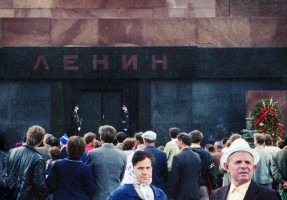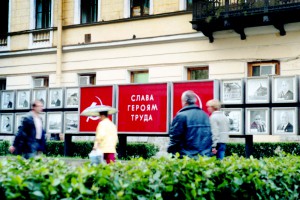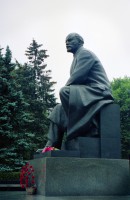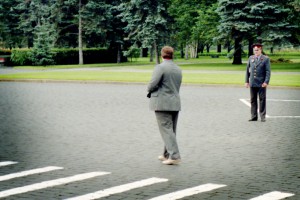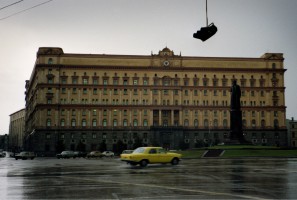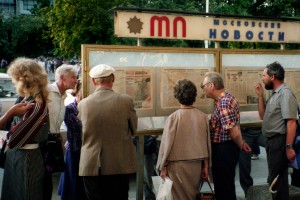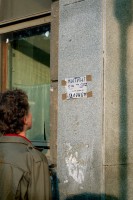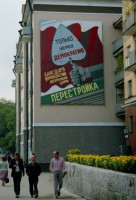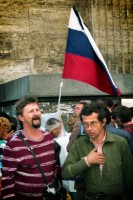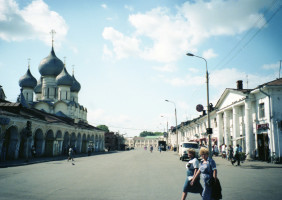Wind of Change (USSR, 1988-1989)
Mikhail Gorbachev was named Secretary General of the Communist Party in 1985, but it was only 2-3 years later that real benefits started for the common people of the Soviet Union, more at a political level rather than at an economical one.
This work points out the important positive changes affecting the country, but above all the contradictions of a society emerging from 70 years of dictatorship: access to multiple sources of information, but paper shortage (with people reading newspapers displayed on posters in the streets); more rights, but less food at the market; new democratic propaganda with the counterpoint of the old soviet one (portraits of the heroes of communism, workers as well as political leaders).
30 years after Perestroika, Russia’s journey to democracy still has a long road ahead, but historically those years will probably be remembered by the Russian people as the most hopeful in all of their history.

